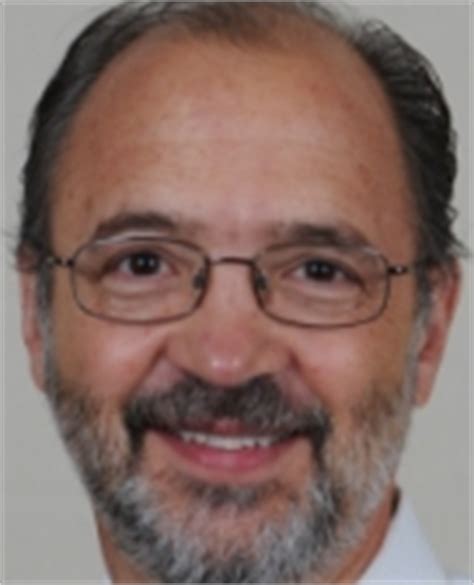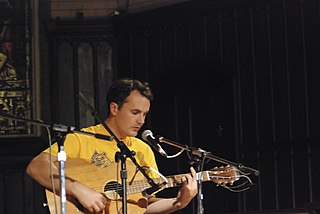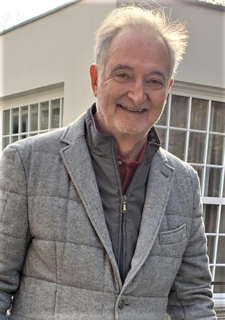A Quote by Robert Anderson
Humans who spend time in the wilderness, alone, without man-made mechanical noise around them, often discover that their brain begins to recover its ability to discern things.
Related Quotes
A self-made man, if he is made at all, has already won the battle of life. . . . he has learned to resist. He has learned the value of money, and how to refuse to spend it. He has learned the value of time, and how the conversion of it into useful things will make of his life something worthwhile. He has learned to say no, to say no at the right time and then to stand by it. Without resistance, and the self-denial which it often imposes, there is no real happiness. In the quest for happiness man must learn that temptation resisted strengthens the mind and the soul.
The woman is increasingly aware that love alone can give her full stature, just as the man begins to discern that spirit alone can endow his life with its highest meaning. Fundamentally, therefore, both seek a psychic relation to the other, because love needs the spirit, and the spirit love, for their fulfillment.
When I'm not doing readings, I just spend a lot of time alone and try to meditate. Going for walks in nature is also really good for me. It's a way to center myself without having people around, because my ability is less of an on-off switch. It's more like a radio volume dial, so I always have background music in my head.
For twenty-five centuries, Western knowledge has tried to look upon the world. It has failed to understand that the world is not for the beholding. It is for hearing. It is not legible, but audible. Our science has always desired to monitor, measure, abstract, and castrate meaning, forgetting that life is full of noise and that death alone is silent: work noise, noise of man, and noise of beast. Noise bought, sold, or prohibited. Nothing essential happens in the absence of noise.
We live in the Age of the Higher Brain, the cerebral cortex that has grown enormously over the last few millennia, overshadowing the ancient, instinctive lower brain. The cortex is often called the new brain, yet the old brain held sway in humans for millions of years, as it does today in most living things. The old brain can't conjure up ideas or read. But it does possess the power to feel and, above all, to be. It was the old brain that caused our forebears to sense the closeness of a mysterious presence everywhere in Nature.
Try to imagine a life without timekeeping. You probably can’t. You know the month, the year, the day of the week. There is a clock on your wall or the dashboard of your car. You have a schedule, a calendar, a time for dinner or a movie. Yet all around you, timekeeping is ignored. Birds are not late. A dog does not check its watch. Deer do not fret over passing birthdays. an alone measures time. Man alone chimes the hour. And, because of this, man alone suffers a paralyzing fear that no other creature endures. A fear of time running out.
The humans live in time but our Enemy destines them to eternity. He therefore, I believe, wants them to attend chiefly to two things, to eternity itself, and to that point of time which they call the Present. For the Present is the point at which time touches eternity. Of the present moment, and of it only, humans have an experience analogous to the experience which our Enemy has of reality of whole; in it alone freedom and actuality are offered to them.






































